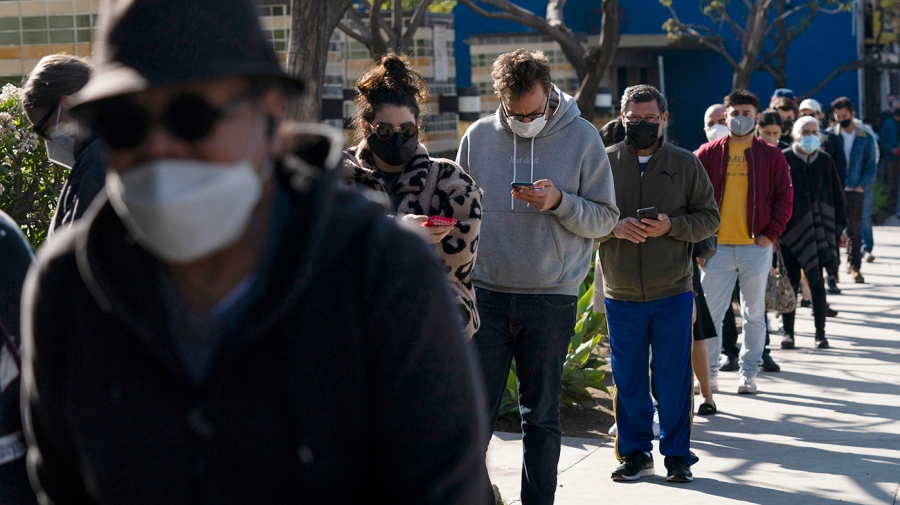TAMPA, Fla. (WFLA) – Horace Moore Jr. , a Plant City-based attorney, could not taste the food he ordered from one of his go-to barbecue stands in Tampa.
He squeezed some juice from a lemon into his mouth. That didn’t taste right either. “I went and got some bleach, to smell the bleach,” he said.
“There was no smell, it was like smelling water. ” He tested positive for COVID-19. The loss of smell and taste was his only symptom.
It was August 2021. Over a year later, Moore can only taste salt. He can feel the bite of something spicy but he cannot taste the flavor.
“It just really kills your zest for eating,” he said. “You don’t look forward to eating. That’s the main thing, I don’t get excited about, ‘Ok, lunch today.
We’re going to Carrabba’s, what am I going to order?’ It doesn’t matter. It’s going to taste the same which is nothing. ” He can’t smell anything either.
One time, he put food in the oven and left the room. “My wife came home and she says – ‘what are you doing? Are you trying to burn the house down?’” he said. “I don’t smell so I opened the door and there’s smoke in the kitchen.
” Moore is part of the 5% of people who report having long-lasting loss of taste and/or smell after testing positive for COVID-19, according to a study published in the BMJ – the peer-reviewed medical journal of the British Medical Association. The percentage equals millions of people worldwide. “Having these now millions more people worldwide with decreased ability to smell — that may simply be a new public health crisis,” said Dr.
Zara Patel, a rhinologist at Stanford University who was not involved in The BMJ research, told NBC News. Watson Clinic offers ‘no holds barred’ post COVID-19 clinic to address lingering symptoms “It is quite a lot of people who don’t get it back fully. It’s a difficult thing to live with,” said Dr.
Kathleen Haggerty, who runs Watson Clinic’s long-haul COVID clinic. She has been helping patients with a wide array of long haul COVID symptoms since late 2020. The latest strains of COVID-19 do not appear to affect the smell and taste senses like the early variants.
Dr. Haggerty says if patients did not get their smell and taste back during the course of the virus or after the first few months, it is not common for those senses to return fully. According to her, studies show sniffing different kinds of scented essential oils for 10 seconds, repeatedly over time, can help re-start the sense of smell.
Since smell is one of the strongest triggers of memories, Dr. Haggerty recommends her patients try to think of a memory when they smell something, like a great cup of coffee. “You bring those memories to that experience of trying to sniff that coffee that it might help re-associate those two things and bring that sense of smell back,” she said.
At this point, Horace Moore Jr. has given up on getting two of his five senses back. “There have been worse things that happen to people from COVID and this is my existence,” said Moore.
If you have been suffering with any long-haul COVID symptoms, Dr. Haggerty’s clinic has a long wait list. However, there are often cancellations, she said, so keep trying.
For more information and to schedule an appointment with Dr. Haggerty, call 863-680-7190 or visit the Watson Clinic’s website. .
From: wfla
URL: https://www.wfla.com/news/hillsborough-county/kills-your-zest-for-eating-long-lasting-loss-of-smell-and-taste-from-covid-19-affects-millions-study-shows/



